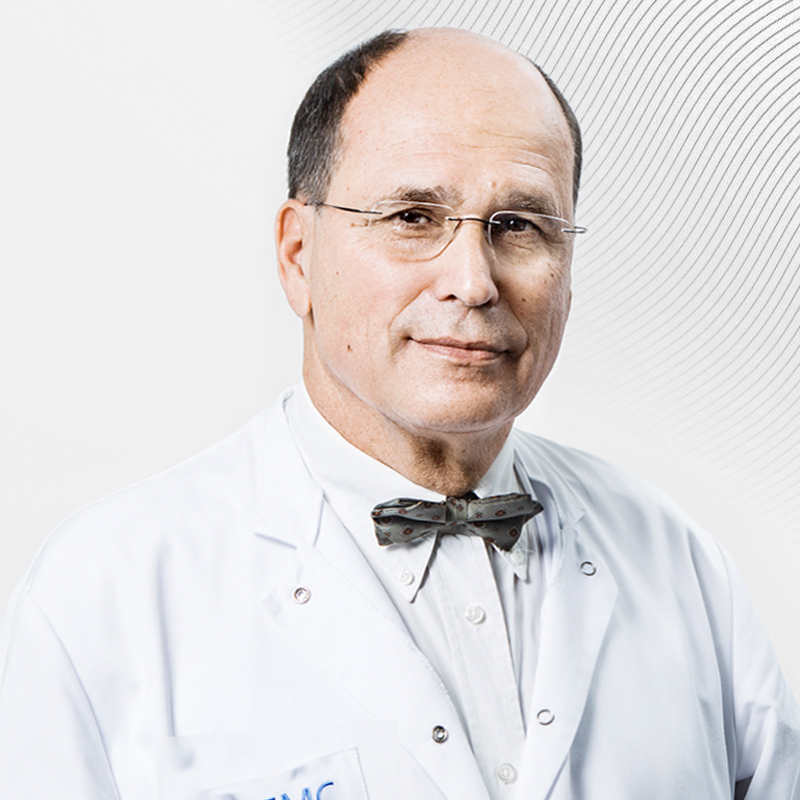Radio wave coagulation of the nose
Chronic runny nose, stuffy nose, frequent headaches – all these can be symptoms of various diseases of the nose. One of the effective ways to solve problems in this case is radio wave coagulation. This treatment method helps to restore comfortable breathing without serious surgical intervention.
What is radio wave coagulation
Radio wave coagulation of the inferior nasal concha is a minimally invasive procedure that is used to treat various ENT diseases. The operation is performed using a special device that creates radio waves. These waves affect the affected areas of the nasal mucosa, destroying blood vessels.
As a result of the procedure, the volume of the submucosal tissue decreases, and the swelling disappears. This eliminates the causes of nasal congestion and restores normal breathing. The procedure does not cause pain and does not require long-term recovery, which makes it attractive to many patients.
Indications and contraindications
Radio wave submucosal coagulation of the nose is recommended in the following cases:
- chronic disorders of nasal breathing;
- hypertrophy of the lower nasal concha;
- nasal congestion caused by displacement of the septum;
- vasomotor and allergic rhinitis.
In some cases, the procedure is prohibited. Contraindications to radio wave coagulation are malignant neoplasms in the nose and paranasal sinuses, as well as the acute period of inflammatory and infectious diseases. In addition, surgery is not performed for severe diseases of the cardiovascular system, kidneys, liver, and diabetes mellitus.
Preparing for the operation
Although radio wave coagulation is considered a gentle, low-trauma method, it is still an operation. Therefore, the preparation includes a standard set of preoperative examinations. The patient undergoes a general blood test, urine, biochemical blood test, coagulogram and ECG.
A few days before the procedure, you need to eliminate alcohol and reduce the intensity of physical activity. In addition, crowded places should be avoided to reduce the likelihood of contracting a viral infection. On the day of surgery, it is recommended to come on an empty stomach.
How radio wave coagulation is performed
The operation lasts on average 30-60 minutes, of which most of the time is spent on auxiliary manipulations. The coagulation itself takes several minutes. The procedure is performed on an outpatient and inpatient basis, under local and general anesthesia, hospitalization is required only with general anesthesia.
The course of the operation looks like this (treatment under local anesthesia):
- The doctor anesthetizes the surface in two stages: first with application anesthesia, then with infiltration anesthesia.
- After the anesthesia takes effect, the doctor inserts an electrode into the lower nasal cavity, which generates radio waves.
- The waves heat the soft tissues and seal the blood vessels. The volume of the submucosa decreases, the swelling goes away.
During surgery, the patient does not experience pain, but may feel a slight tingling or burning sensation. After the manipulations are completed, the doctor inserts cotton swabs into the nasal passages. They can be deleted the next day.
Recovery period
After coagulation of the inferior nasal concha, the patient must follow a number of simple rules to speed up the recovery process and avoid possible complications:
- refrain from physical exertion for 10-14 days after the procedure;
- avoid visiting baths, saunas, swimming pools;
- do not perform hygiene procedures in the nasal area during the first day (do not blow your nose, do not remove crusts);
- do not use vasoconstrictor drugs;
- treat the mucosa with medications prescribed by a doctor.
During the first days after the procedure, there may be a slight increase in temperature, swelling and discomfort in the nose. These are normal phenomena that go away on their own. Nasal breathing will be difficult for 3-4 days, after which it will gradually recover. The entire rehabilitation period usually takes about two, sometimes four weeks.
Advantages of treatment at the EMC clinic
At the EMC Clinic of Otorhinolaryngology, Head and Neck Surgery, we offer diagnosis, prevention, conservative and surgical treatment of ear, throat and nose diseases in adults and children.
Advantages of performing radio wave coagulation in our clinic:
- minimal injury and safety;
- absence of bleeding and hematomas;
- short recovery period;
- high efficiency – improvement of breathing is observed already in the first days after the procedure; The operation can be performed under both general and local anesthesia, which eliminates the risks (in individual cases) associated with general anesthesia.
We are proud that our doctors have experience working in leading foreign and Russian clinics, and we adhere to an integrated approach to diagnosis and treatment. We involve specialists from related specialties to manage each patient in order to choose the most effective strategy and reduce the likelihood of complications.
Our patients have access to round-the-clock emergency care and prompt diagnostics using modern equipment, including ultrasound, X-ray, CT and MRI, as well as the capabilities of our own laboratory. This allows us to establish the correct diagnosis and prescribe the right treatment as soon as possible.
Do not delay taking care of your health. Make an appointment, and our experts will help you regain a comfortable breathing.
Question-answer
How long does the nose heal after radio wave coagulation?
Complete healing usually occurs within 1-2 weeks (in individual cases, up to 4 weeks).
When will the nose breathe after a vasotomy?
Improvement in breathing is usually observed in the first days after the procedure, as soon as the postoperative edema subsides.
Which type of vasotomy is better?
It depends on the patient's medical history and state of health. In some cases, radio wave coagulation is preferable, in others, laser vasotomy. The decision on the choice of the method is made by the doctor after diagnosis and discussion of all possible risks and benefits with the patient.
Doctors
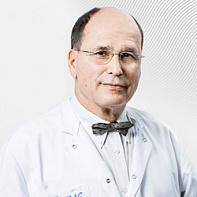

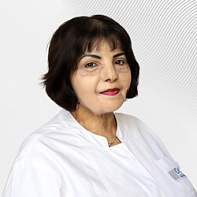
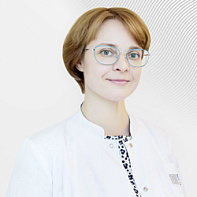

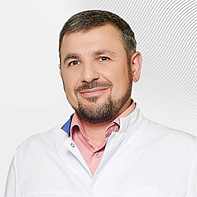
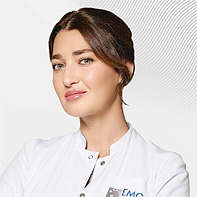
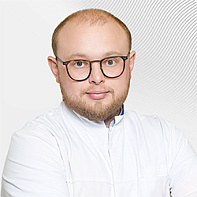
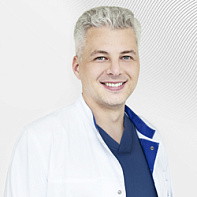
.jpg)
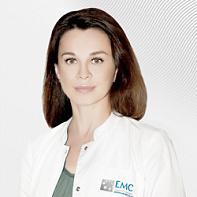
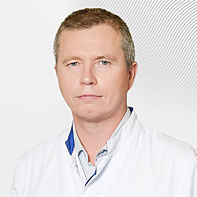
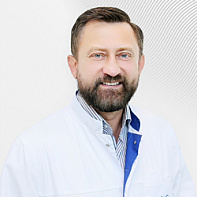
.jpg)
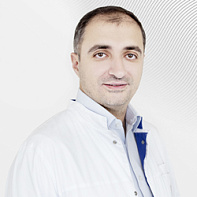
- The leading surgeon in the field of implantation hearing replacement in ENT department of Professor Magnan in Marseille
- Specializes in the surgical treatment of various ENT pathologies with all types of rehabilitation, hearing-preserving and hearing-improving operations.
- Member of the Association of ENT Doctors of France
